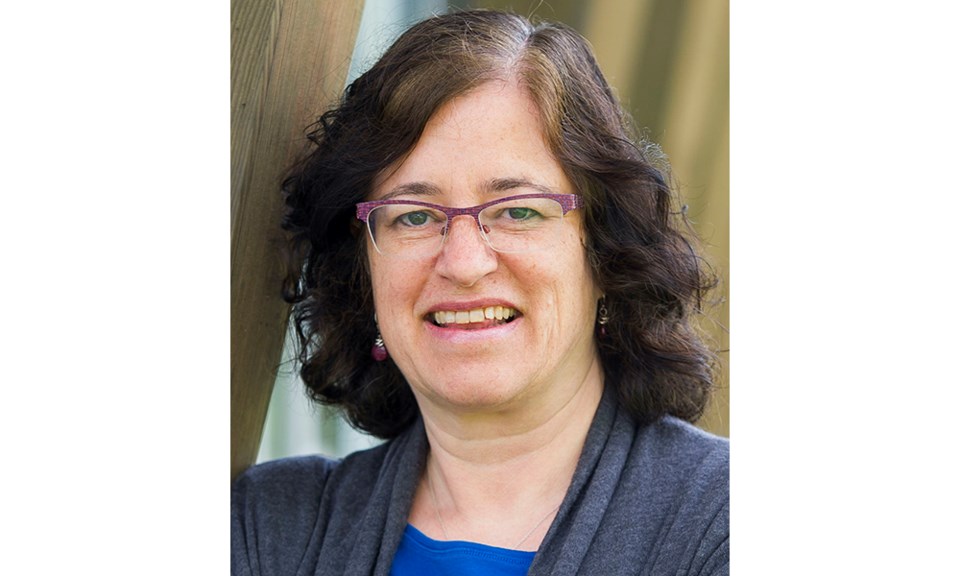The B.C. provincial government included two significant highlights last week: funding for former youth in care after they turn 19 and moving childcare into the Ministry of Education.
Both issues have been priorities for the NDP government since it came to power, but this year’s budget sees the biggest moves to date.
While the budget was largely a “stand pat” budget, and many may have liked to see strong measures addressing housing affordability or the rising cost of living, these two moves deserve recognition as positive and smart.
First, the budget says supports for former youth in care will be extended until they turn 27, which is significant and more in line with what youth in parented homes receive. Children in government care used to lose all support on their 19th birthday. In 2017, the government made post-secondary education free for former youth in care, with restrictions, and bulked up some other income supports.
Now, they say they are making good on their promise to support all youth transitioning from care.
“The late Katherine McParland was a fierce advocate on youth homelessness. She also became a friend and advisor to this government, and to me,” B.C.’s Finance Minister Selina Robinson said in her budget speech. “As Katherine described it, ‘foster care is a superhighway to homelessness.’ She called on the government to be part of the solution. … Today, Mr. Speaker, we are making good on our promise to support all youth who are aging out of care.”
During the COVID-19 pandemic, several emergency supports were provided to former youth in care and some – like housing supports – are now being made permanent, while others will be replaced. Over the next three years, $35 million will be spent to prevent homelessness for youth aging out of care and $600-a-month rent supplements will be added. These new measures will benefit up to 1,100 youth per year, or about 10,000 former youth in care between the ages of 19 and 27, according to background information.
Income supports, such as Agreements with Young Adults (AYA), a program for youth going to school or training, will be available for seven years, while now they are only offered for a maximum of four years. Beginning next year, AYA will include extended medical benefits, like counselling and dental. Youth with jobs won’t have their earnings clawed back, as they do now. All youth will be supported up to age 20, while those in approved programming will have support up to age 27.
B.C. should be applauded for adding these supports for former youth in care. Those who grow up without parents deserve the very best start in life and there should be no stigma or disadvantage simply because a person’s parents were not able to care for them.
The Ministry for Children and Family Development only has the mandate to support former youth in care to age 19. I hope these new supports mean a change in that mandate, or a recognition that another ministry has responsibility.
Changing ministry responsibilities is not unheard of, and my second kudos to the government involves just that: adding responsibility for childcare to the Ministry of Education. It’s a move that makes perfect sense and that should bring some synergies into play.
“This is all part of our government’s work to establish childcare as a core service that’s available to any family that wants it, when they need it, at a price they can afford,” Robinson said.
Sharon Gregson, spokesperson for B.C.’s $10aDay childcare campaign, agrees, calling the move “good news,” but cautioning that “more must be done to fairly compensate educators for their important work.”
There is a shortage of workers in the childcare field that higher wages and student-loan relief could help mitigate, Gregson said in a webinar responding to the budget.
This move could enable something like an associate superintendent for childcare in each district and a different relationship with the government, Gregson said.
New federal funding was added to B.C.’s budget, allowing the province to add 40,000 new licenced childcare spaces for children younger than six, in the next seven years, and reduce fees for some. For many families, childcare is either the biggest or second-biggest monthly expense. High-quality childcare makes a positive difference in children’s development, so it’s important to prevent inequality from the get go.
Steps towards creating a reliable childcare system, that parents can count on rather than just praying they get lucky with affordable, high-quality care, are worth celebrating. Both the federal and provincial governments should be recognized for these positive steps.



